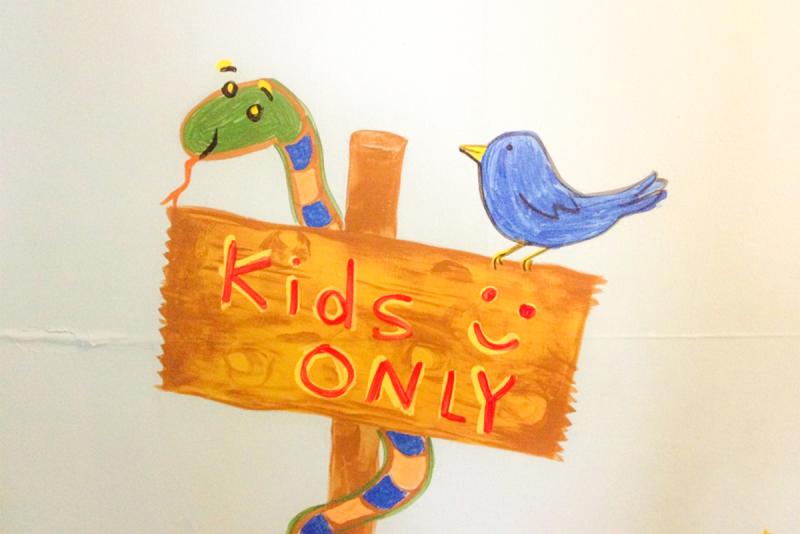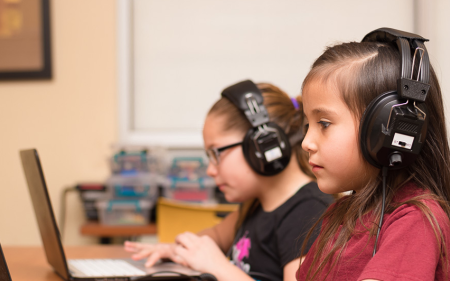Teaching Play Therapy
In her courses, alumna and Prof. Julianne Mitchell teaches MSW students about the healing power of play therapy

University of Denver Graduate School of Social Work (GSSW) alumna and Clinical Associate Professor Julianne Mitchell is passionate about play. As a therapist for children, adolescents, young adults and their families, she incorporated play as part of the therapeutic process.
“Play therapy is a modality that speaks the natural language of children,” Mitchell says. “Play is universal and allows children to express their needs in a way that provides the healing they need.”
Although play therapy is an effective approach for addressing mental health challenges experienced by children and youth — including depression, anxiety and traumatic stress — there can be challenges with providing play therapy training that is trauma-informed and culturally responsive, says Mitchell, MSW ’02, LCSW.
To bolster GSSW’s play therapy curricula and align it with Association for Play Therapy recommendations, Mitchell focused her 2022 summer sabbatical on the topic, including conducting an extensive literature review to identify the most effective play therapy models incorporating a trauma-informed and culturally responsive approach. She also completed two play therapy trainings and consulted with other experts in the play therapy field, aiming to translate her expanded knowledge about play therapy into practical lessons for MSW students.
Mitchell incorporated what she learned into curricula for the school’s Foundations of Play Therapy course and Child & Adolescent Trauma class — both part of GSSW’s Children & Youth MSW specialization pathway. She is also developing an advanced play therapy course and a certificate in play therapy, which she hopes to launch in fall 2024.
“I’m so passionate about [the play therapy] modality and have seen its effectiveness, I began focusing several years ago on how we can create a generation of play therapists,” says Mitchell. “In addition to advocating for and creating a play therapy class and working to connect with other play therapists and play therapy organizations, I am fortunate to be able to collaborate with our amazing adjunct instructors, including Kelly Miller who teaches the foundational play therapy class, Suvi Miller who teaches the Child & Adolescent Trauma class, and Stacy Said in GSSW Career Services. Through our efforts, we’ve seen this amazing uptick in student interest in play therapy.”
Part of the power in play therapy is that it can be effectively incorporated in a wide variety of settings, from individual and group therapy to community health centers and schools, Mitchell notes.
Beyond exploring the clinical applications of play therapy, her sabbatical prompted Mitchell to expand her interest to macro issues, such as the need for more inclusive play spaces like South Carolina’s Miracle Park, which is accessible to people of all ages and abilities. “As a clinician and parent, I couldn’t help but to dream about all kids having access to such a space,” says Mitchell, who is considering developing a course focused on macro-level issues such as advocacy for play and inclusive play spaces within schools and communities. Mitchell says she also hopes to eventually partner with corporate sponsors or other donors to create inclusive community play spaces.
Children, adults and even nonhuman animals all need play, says Mitchell, noting that play is a powerful medium fostering connection, communication and imagination. “Play is often deemed ‘unnecessary,’” Mitchell says, “but throughout my career I’ve seen how play is integral to healthy development and learning across the lifespan. It is also absolutely amazing to see kids figure out their world through play.”




